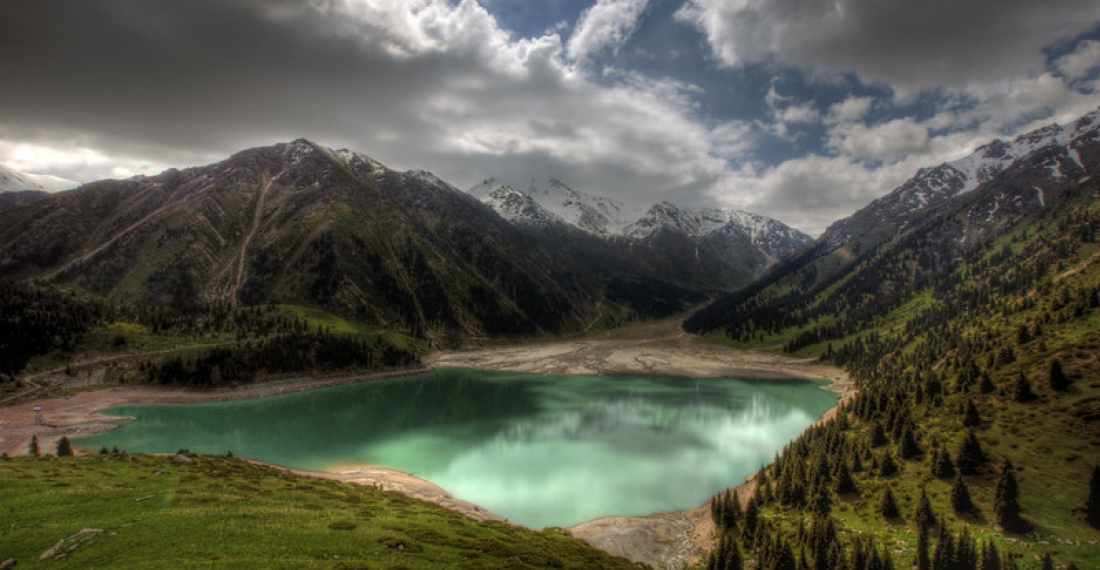The 16th ministerial EU-Central Asia meeting was held on 17 November 2020 via video-conference between the Foreign Ministers of Kazakhstan, Tajikistan, Turkmenistan and Uzbekistan, the First Deputy Foreign Minister of the Kyrgyz Republic, as well as the European Union's High Representative for Foreign Affairs and Security Policy, Josep Borrell. The Ministers reaffirmed their joint commitment to forging a strong, ambitious and forward-looking partnership between Central Asia and the EU.
In light of the ongoing Covid19 pandemic, the Central Asian Ministers expressed strong appreciation for the “Team Europe” solidarity package worth EUR 134 million delivered to the region.
The EU reaffirmed its wish to strengthen its role as a partner for the Central Asian countries in their reform processes, as a supporter of their integration in the world trading system and of their efforts to work closely together. The EU commended initiatives aimed at promoting closer regional cooperation in Central Asia, including on border management, trade facilitation, people-to-people contacts and water management.
The ministers also discussed mutual cooperation in the field of gender equality, climate change and education.
As for the Afghan peace process, the ministers also agreed that a complete and immediate ceasefire be needed to advance in the comprehensive intra-Afghan reconciliation process, and a peaceful and prosperous Afghanistan free of terrorism is necessary for the development of the entire region.
The ministers commended the recommendations made at the “EU-Central Asia Civil Society Forum” of 27 October 2020 and confirmed their determination to organise the first-ever “EU-Central Asia Economic Forum” in Bishkek in 2021. They welcomed these events as key opportunities for the civil societies and business communities of the two regions to contribute to the development of the EU-Central Asia partnership. The EU and Central Asian representatives welcomed Uzbekistan’s proposal to host an “EU-Central Asia Tourism Forum”.
The EU's engagement with Central Asia has significantly expanded since the early 1990s. Both regions share strong common interests in prosperity, connectivity, energy and security.
Read the full Joint EU- Central Asia Communique here







